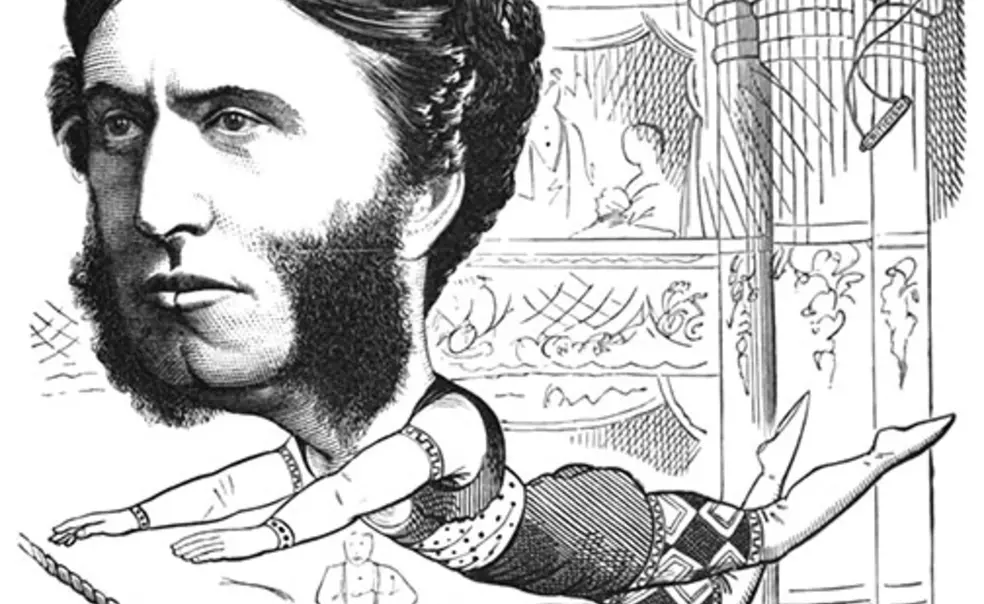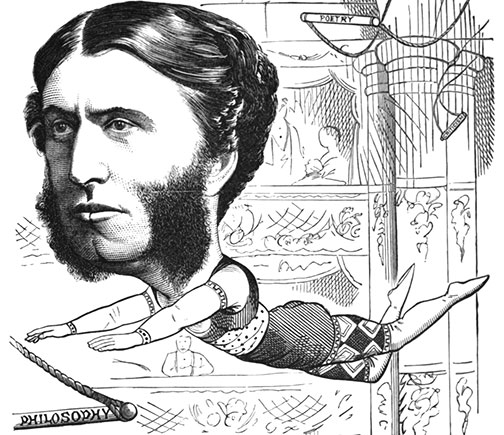It was to be the lecture of the century in sleepy Princeton: Famous English poet and social critic Matthew Arnold was stopping by on his tour of America.
But things went badly when Arnold, having taken the wrong train from New York, reached Princeton Junction after the Dinky had quit its daily run. “I am an Englishman, and I can walk,” Arnold declared, but the 60-year-old soon grew fatigued and had to hitch a ride to campus in a lumber cart.
This inglorious arrival amused his host at Prospect House, President James McCosh, who had not wanted Arnold to come. In a newspaper article published not long after, McCosh called Arnold “overestimated” and sure to “go down the stream to posterity as the author of some fine poems of the second rank.”
McCosh was in good company: Mark Twain and Walt Whitman blasted Arnold during this much-hyped 1883 tour for his disdainful diatribes against coarse American ways. McCosh resented how Arnold “complains of our defective civilization, of our want of ‘sweetness and light.’”
The real thorn for the pious McCosh was Arnold’s agnosticism: “Miracles do not happen,” the Englishman declared that year in Literature and Dogma. McCosh was pleased to note that Arnold attended prayers in Marquand Chapel the morning after his lecture.
Still, the younger generation cheered Arnold. The students themselves had invited him to Princeton, a minor insurrection led by future English professor George McLean Harper 1884 — later famous for revealing to the world that Arnold’s friend William Wordsworth had fathered an illegitimate French daughter.
Harper made sure that undergraduates crowded Arnold’s Nov. 20 lecture on “Literature and Science” at Second Presbyterian Church, which even McCosh admitted was fine. The Daily Princetonian expressed awe at the presence in this little town of “the poet, the scholar, and perhaps the most accomplished literary gentleman of his time.”













No responses yet